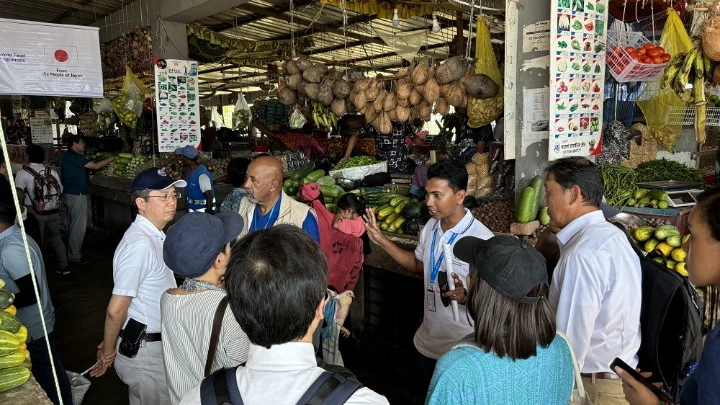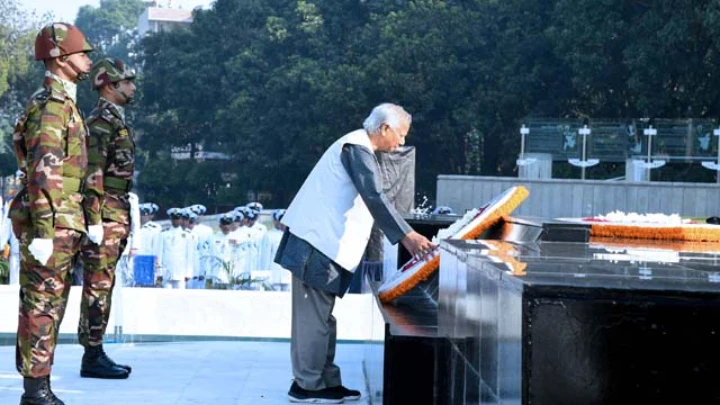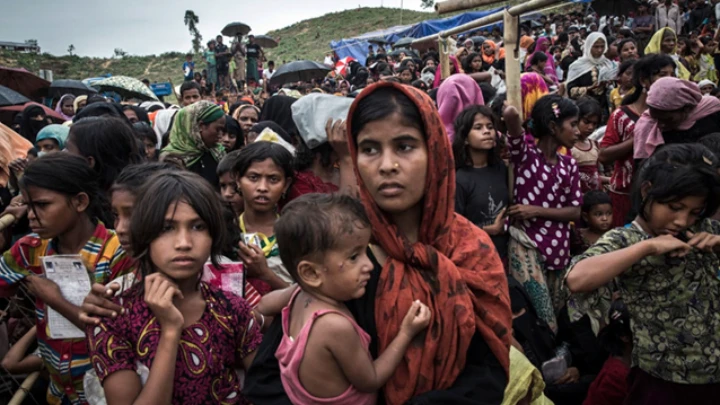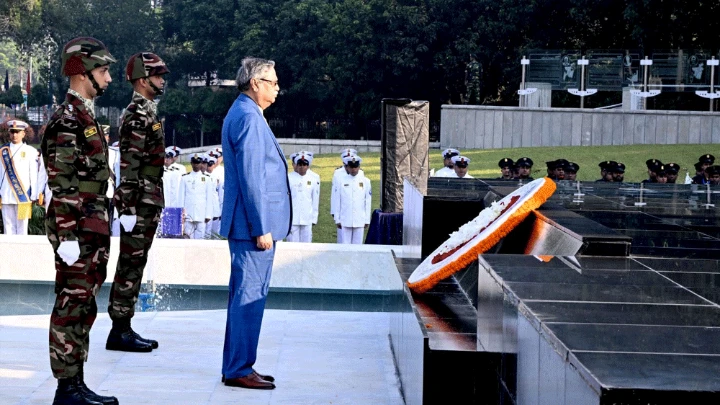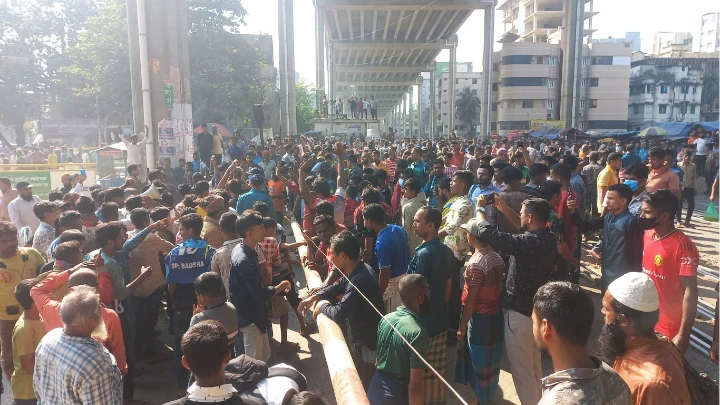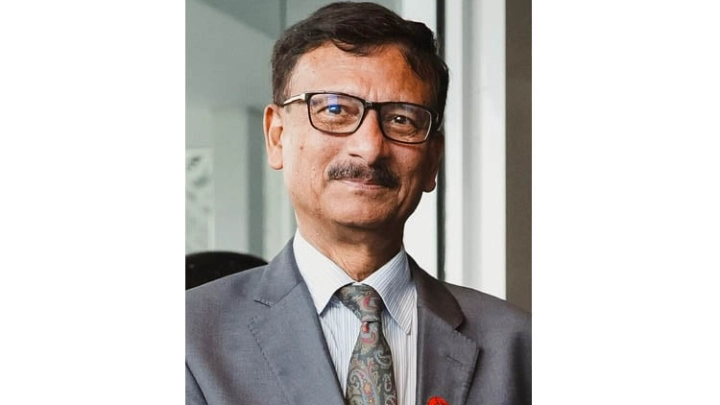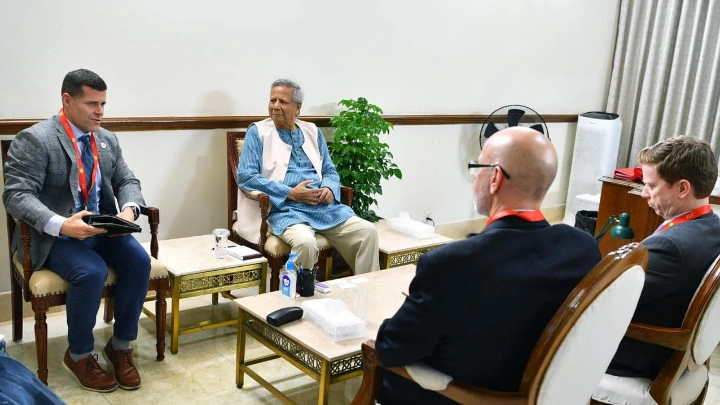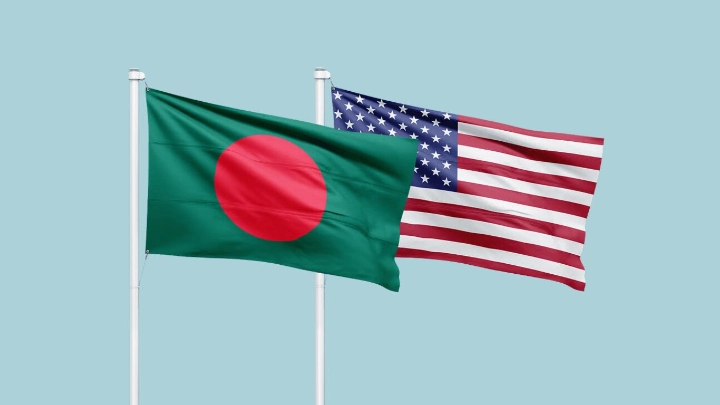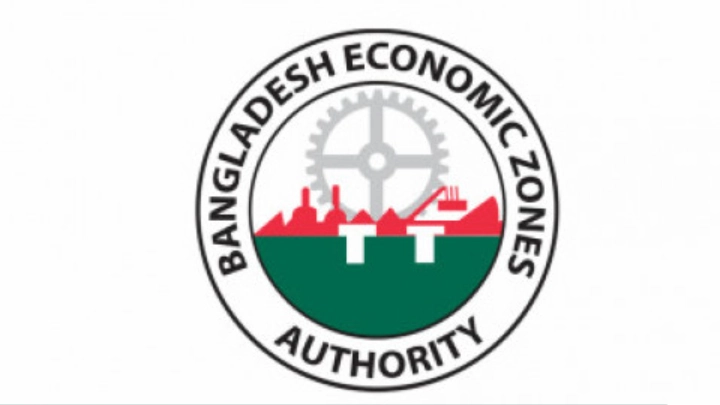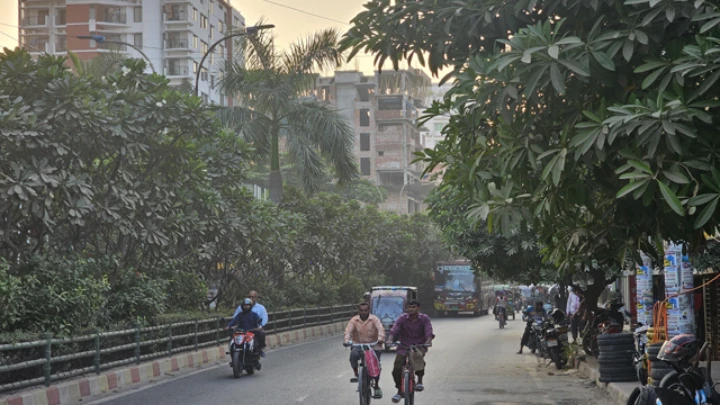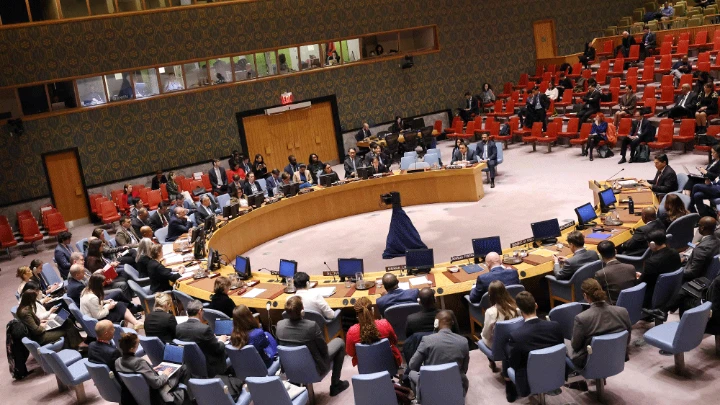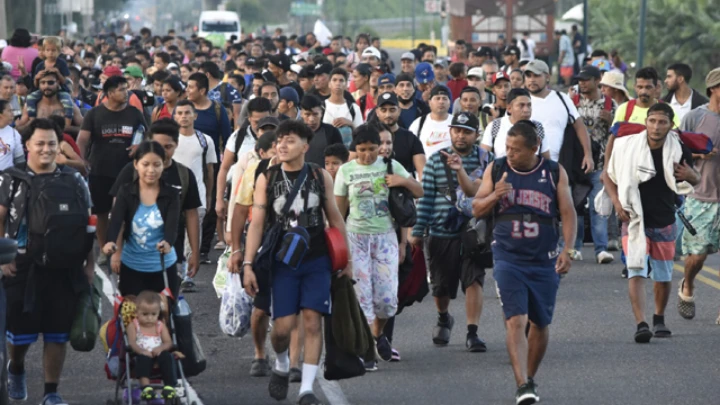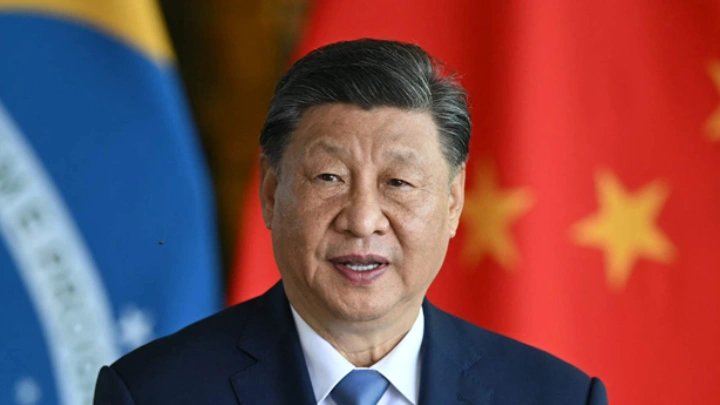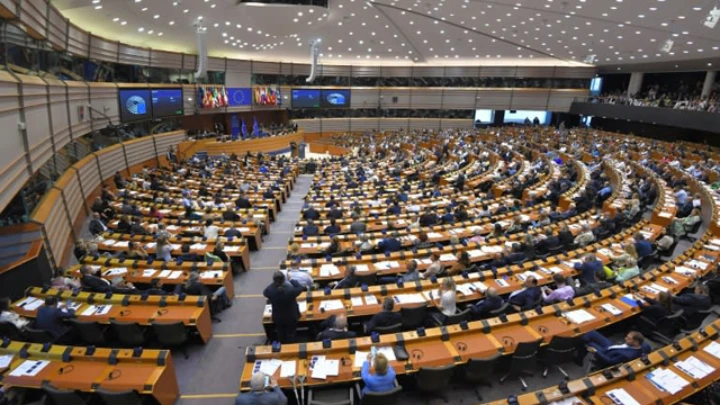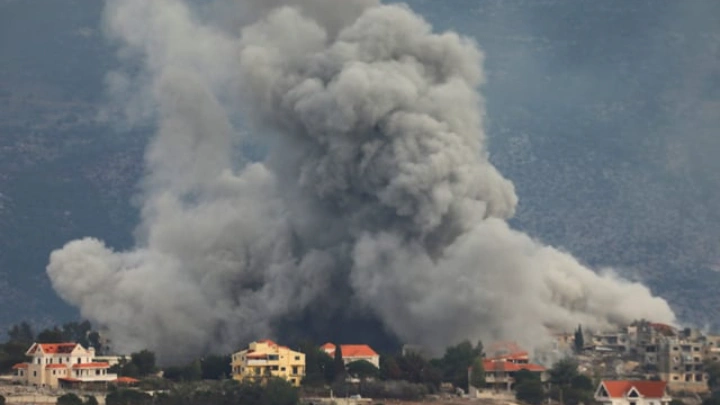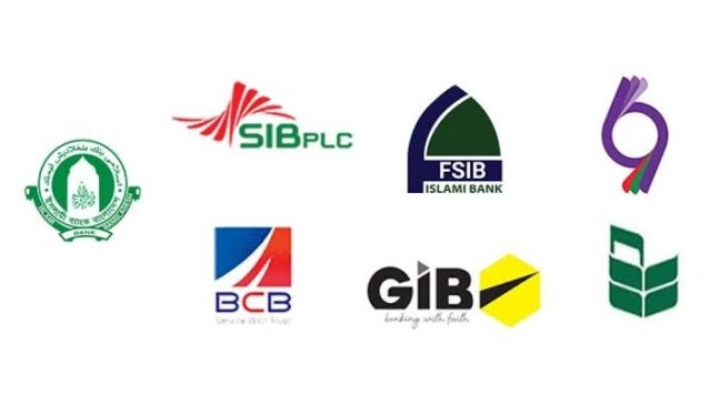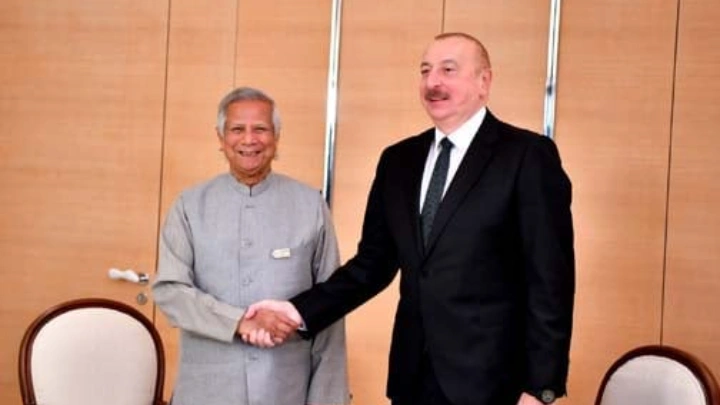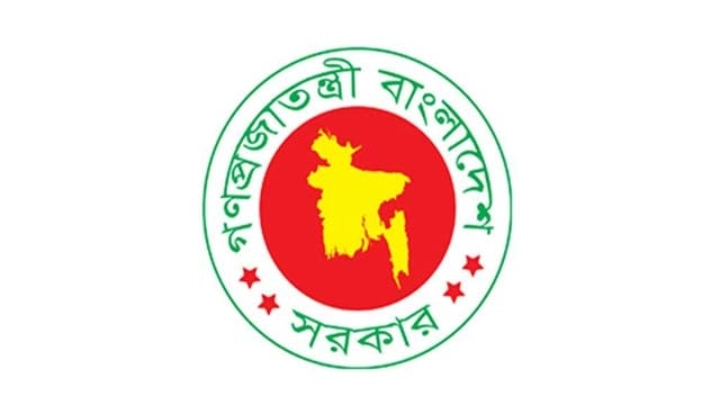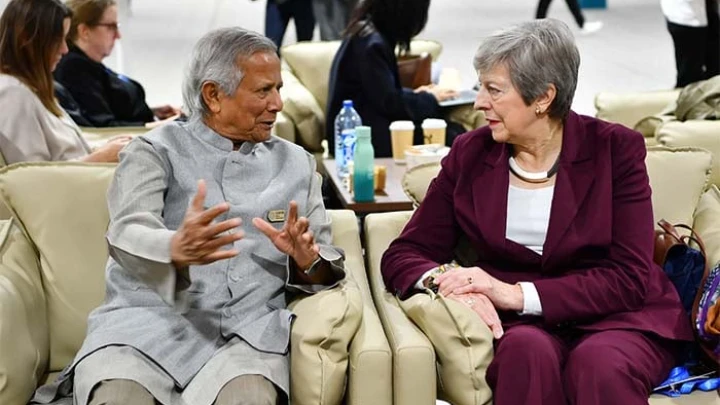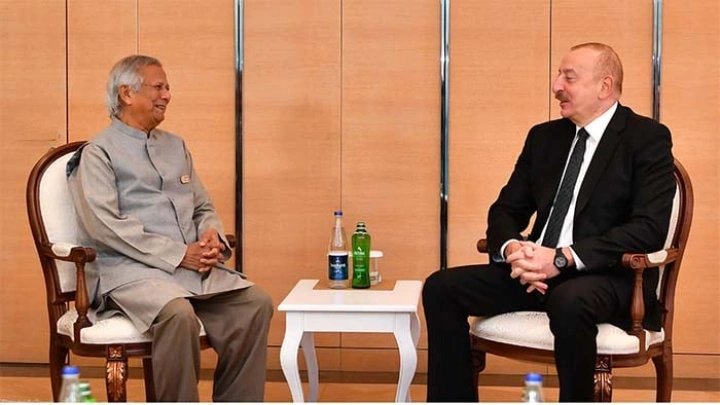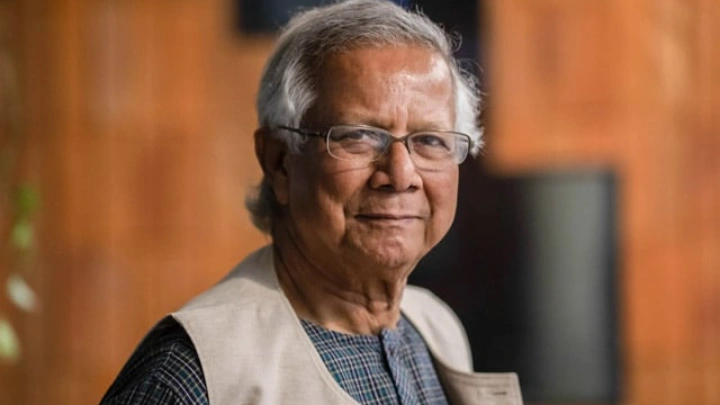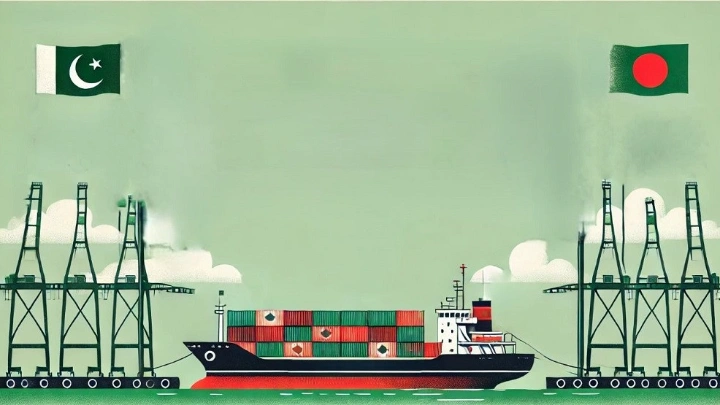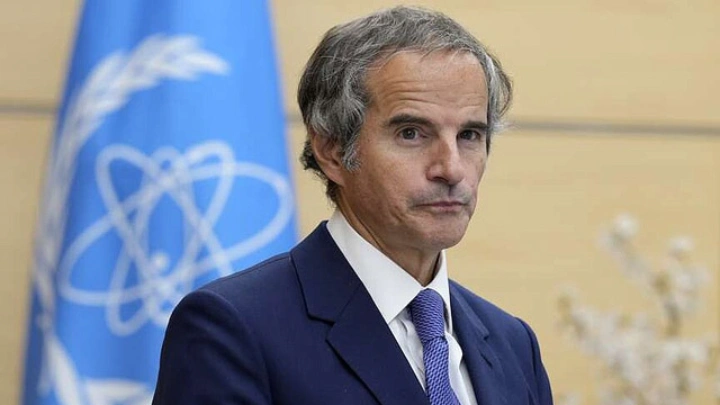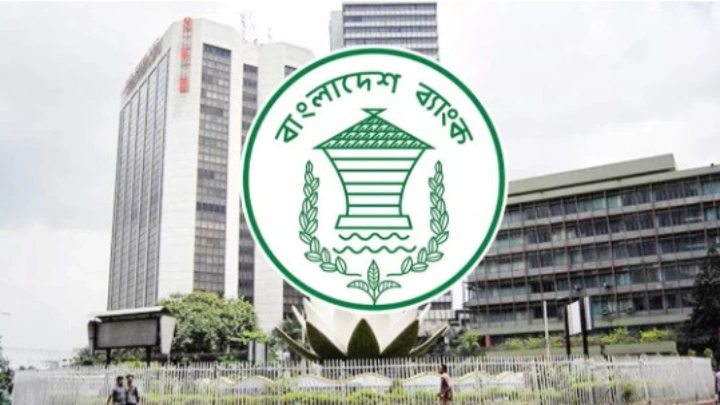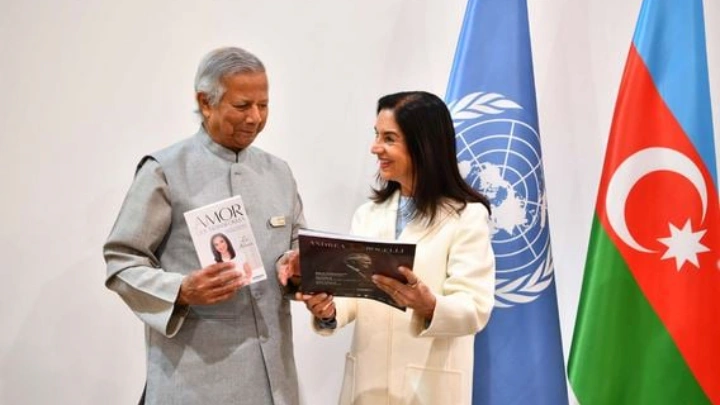Japanese delegation visits Bhasan Char’s Rohingya camps to assess humanitarian efforts
DailySun || Shining BD
A delegation of the Japanese Commerce and Industry Association in Dhaka (JCIAD), led by Takahashi Naoki, deputy chief of mission (DCM) of the Embassy of Japan to Bangladesh, visited Rohingya facilities in Bhasan Char from November 9 to 12.
The facility, which currently houses over 35,000 Rohingya refugees, is part of the ongoing humanitarian response to the crisis.
The visit, organized by the World Food Programme (WFP), included exchanges of views with key stakeholders such as the Camp-in-Charge from the Government of Bangladesh, the Navy, and representatives from various UN agencies.
During the visit, the delegation toured several facilities, including an e-voucher outlet, a fresh food market, the Integrated Health and Nutrition Facility, and waste management and recycling centers.
One of the highlights of the visit was attending a handover ceremony at a school supported by UNICEF's Integrated Education Programme and the WFP School Feeding Programme, where JCIAD donated essential school supplies to benefit the children of Rohingya refugees.
Since the large influx of Rohingya refugees into Bangladesh in August 2017, Japan has been a significant contributor to humanitarian efforts in the region, providing over $220 million in aid.
This assistance has supported various interventions in Cox's Bazar and Bhasan Char, addressing food security, healthcare, water, sanitation, and hygiene (WASH), shelter, protection, and gender mainstreaming.
Commenting on the visit, Minister TAKAHASHI Naoki remarked, "This marks the first time Japan has sent a delegation composed jointly of business leaders and government officials to Bhasan Char. The visit organized by WFP provided a valuable opportunity for us to better understand the on-the-ground challenges faced by Rohingya refugees. Japan remains committed to providing continued support to improve the humanitarian situation in Bhasan Char."
The Japanese government’s continued assistance aims to address both the immediate needs of the Rohingya population and long-term solutions to the crisis.
With over seven years since the start of the refugee crisis, Japan emphasizes the importance of raising international awareness to support a sustainable resolution.
Japan will continue to collaborate with international organizations and NGOs to provide aid and work toward the resolution of the Rohingya humanitarian crisis.
Shining BD

